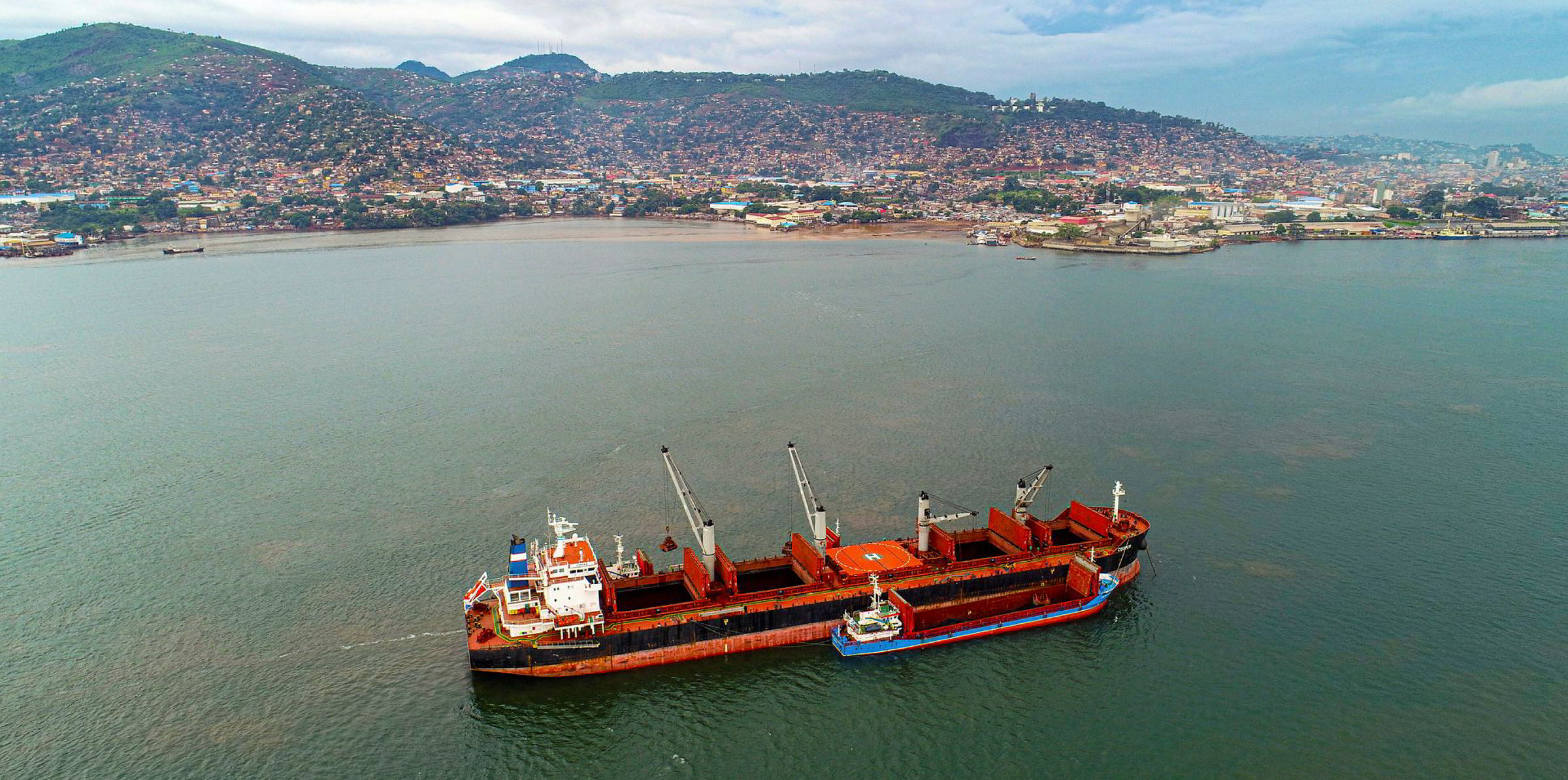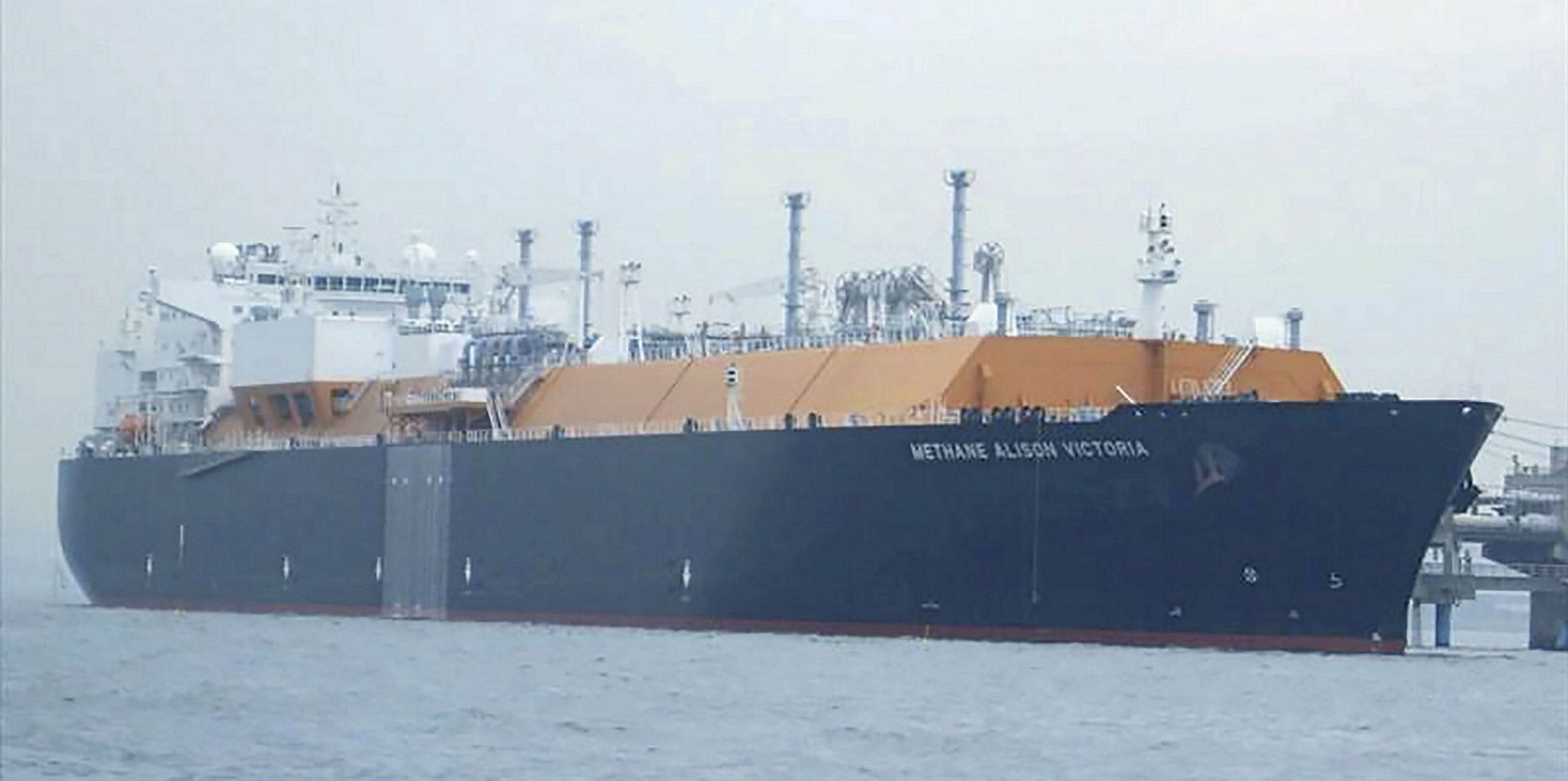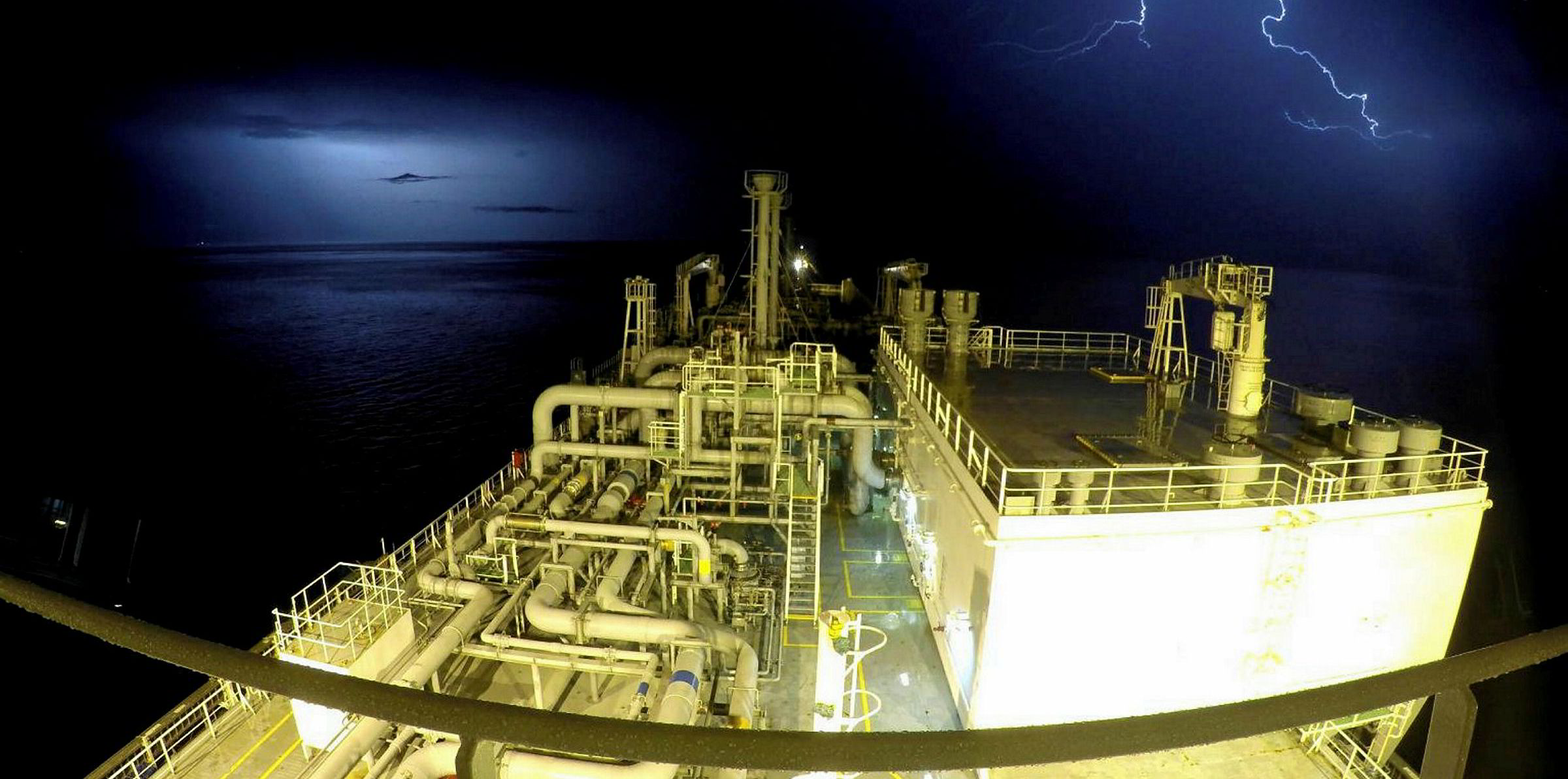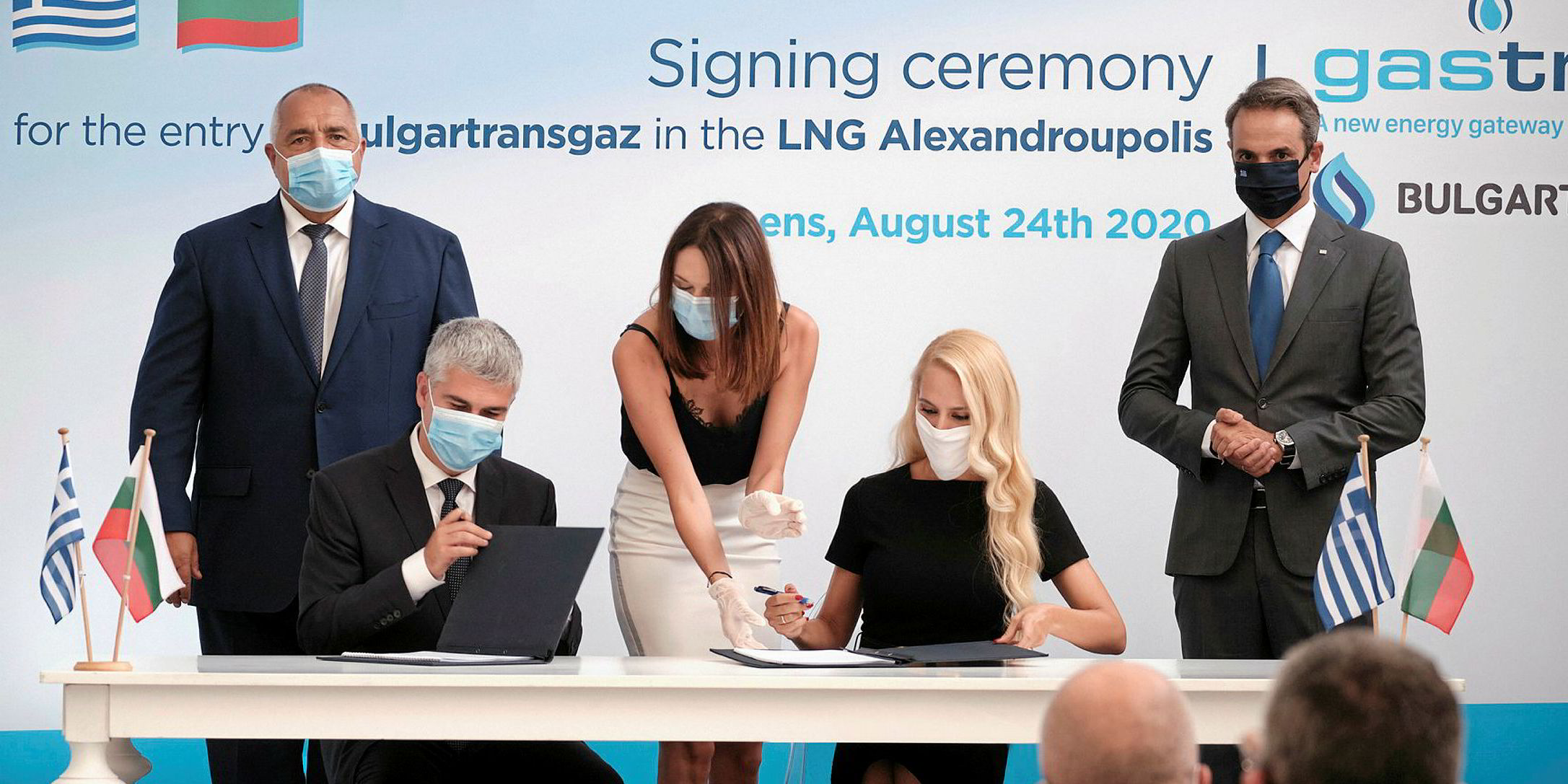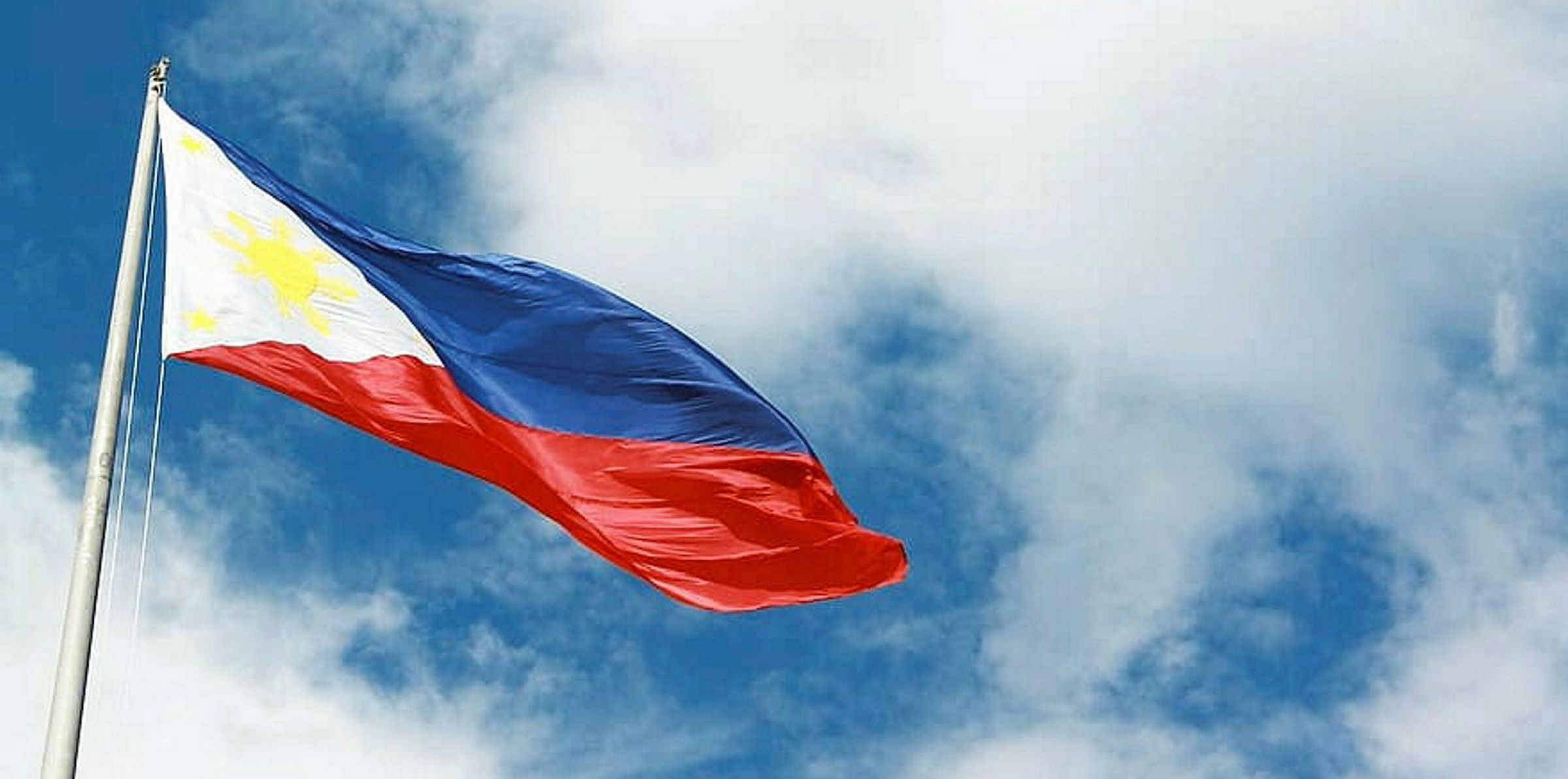One of GasLog’s six steam turbine LNG carriers is set for a new life as a floating storage unit (FSU) in West Africa in a joint project with the International Finance Corp (IFC).
IFC principal industry specialist Alan Townsend told TradeWinds that the two parties would site the 145,000-cbm FSU in Sierra Leone’s sheltered deepwater Freetown Harbour, one of the world’s largest natural harbours, which he said is underutilised by ship traffic.
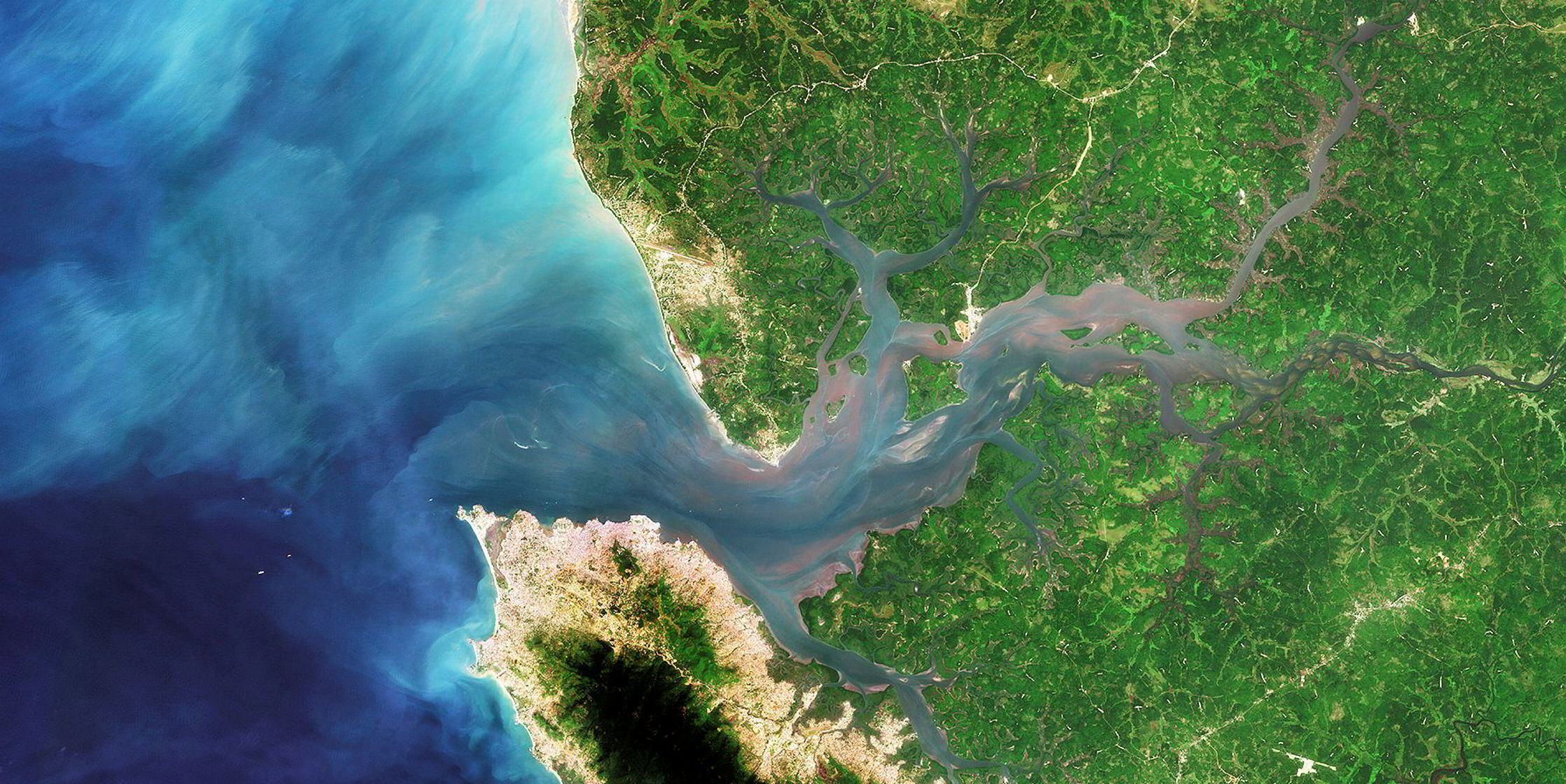
Regasification would be done onshore.
The plan would see GasLog tie up one of its 13 or 14-year-old steam ships on long-term business.
The Peter Livanos company has previously referenced the six vessels, which are less efficient than their modern counterparts, as good candidates for localised trading or for conversions.
GasLog has been pushing to break into the floating regasification sector in Greece, where it continues to pursue its Alexandroupolis project.
The company is also supplying one of its tri-fuel diesel-electric LNG carriers as an FSU for a project in Colon in Panama being developed by Sinolam Smarter Energy LNG Power Co and it remains one of three shortlisted parties to provide a floating storage and regasification unit to First Gen’s project in the Philippines.
The IFC, which is part of the World Bank, is targeting a planned 85 MW onshore power plant as the launch customer for the Sierra Leone project.
But it is also looking at supplying other customers in the country by truck and neighbouring markets in Guinea and Liberia by breakbulking smaller shipments.
GasLog would be a controlling partner in the LNG import project. The IFC, which acts as a co-developer on LNG projects, traditionally limits its stake in such ventures to no more than 20%.
Technical aspects
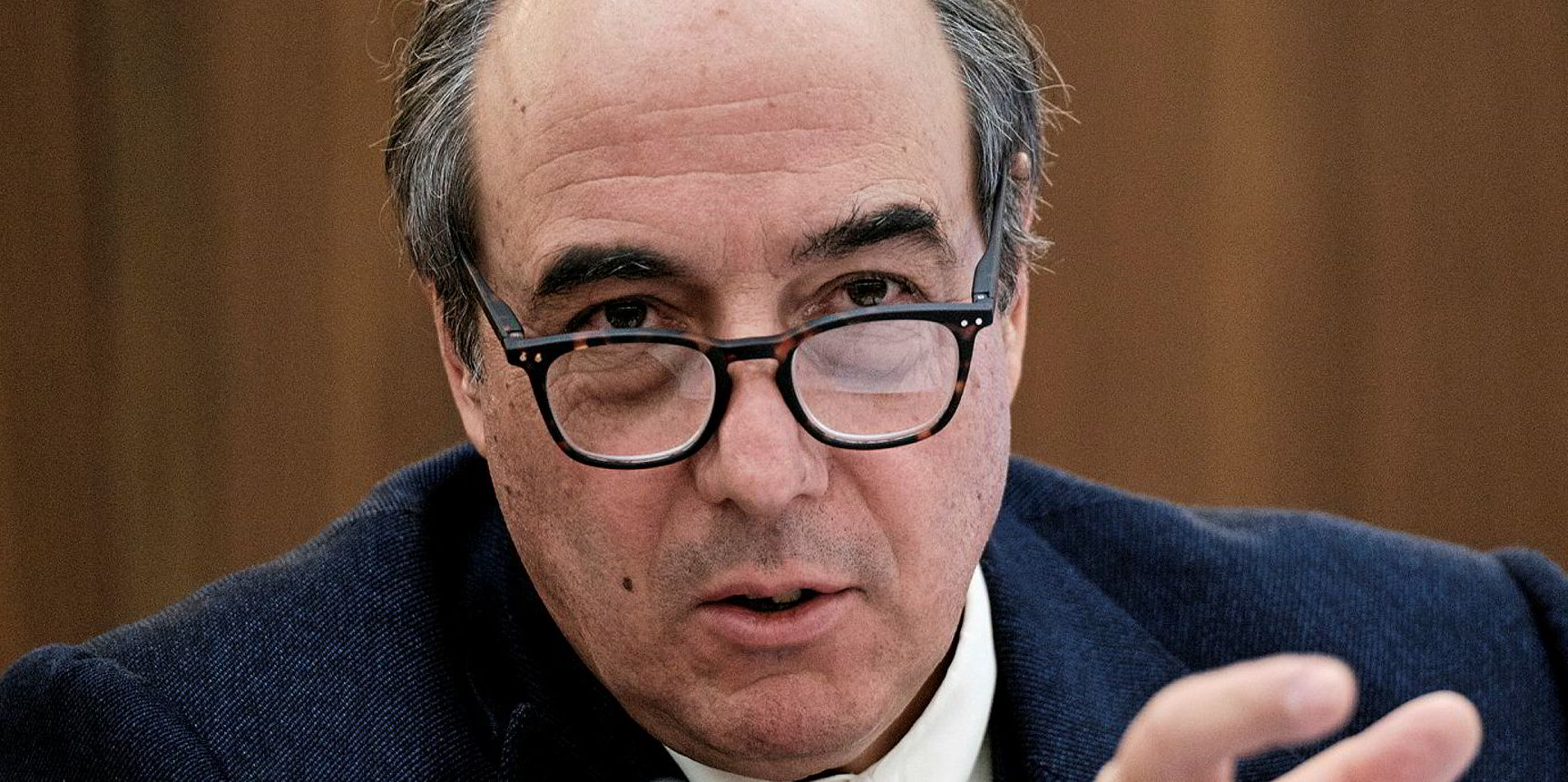
Townsend said the aim is to take a final investment decision on the project next year, undertake construction in 2022 and have it in operation to dovetail with the planned start-up of the power plant in 2023.
GasLog has hired consultancy COWI to assist with the technical aspects of the location for the FSU and its shore connection.
The IFC is working with consultant K&M Advisors.
Townsend explained that around 200,000 tonnes per annum of LNG sales will be needed to sanction the project. The new power plant will require around half these volumes.
It is significantly less than the FSU could handle. A vessel of this size could cope with a throughput of nearer 2 million tonnes per annum.
But he said if the developers can sell 200,000 tonnes per annum in the first year, it is going to be a “good investment” for the partners.
Townsend views the Sierra Leone terminal as a multi-user facility with open, “non-discriminatory” access.
The current focus is on aggregators that want to market LNG to end users, such as mining, agriculture, food and port entities. He said the economics of fuel switching to gas and the supply logistics are being assessed for those customers.
A range of industry project associates with knowledge of LNG supply, power generation and shipping has been assembled as a resource so that aggregators and end users have access to this expertise.
Townsend acknowledged that there is much work to do and many challenges ahead. But he said the project has good support from Sierra Leone’s government, adding that the developers will in effect be tenants in the port and will not be seeking any sovereign guarantee from the state authorities.
The IFC has a record of bringing LNG import projects to market using floating assets.
The low-profile outfit worked with Excelerate Energy on the first LNG import terminals for Pakistan and Bangladesh and, more recently, on a project under construction in El Salvador.
